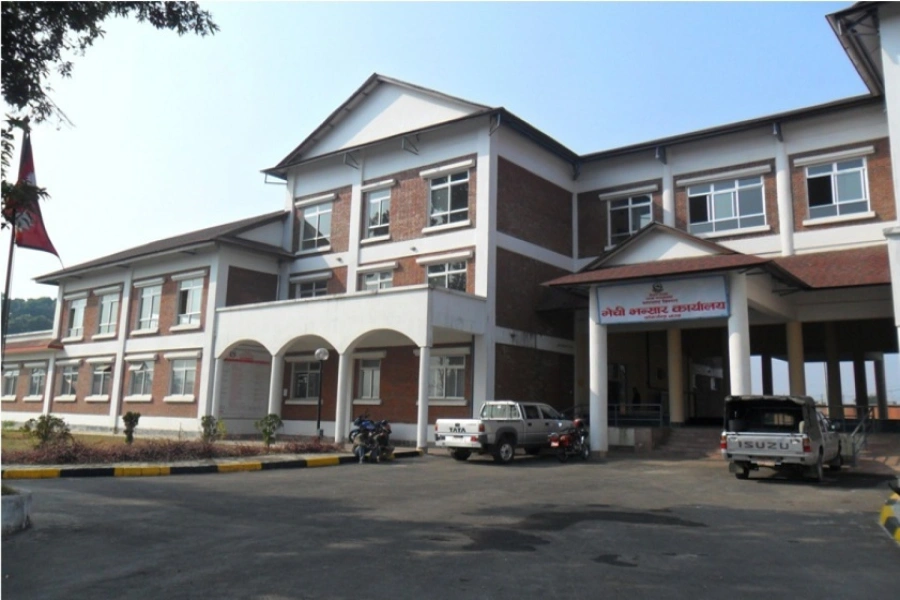To know the court is to respect the independence of judiciary, if not to love it for your own enjoyment of freedom to live with dignity.
“Fair and objective criticism of judicial decision will instill accountability and greater discipline in decision making. If no one is allowed to judge judges, there could be lawless courts and irresponsible judging. But criticism of judgments should not lead to the denigration of judges.” This is the statement from former Chief Justice and Attorney General of Singapore Chan Sek Keong, where he has acknowledged the importance of fair and objective criticism of the courts.
Freedom of speech is not an absolute right but is subject to restrictions in the case of contempt of court as per section seven of Supreme Court Act 2048. Contempt of court in any form is an exception to freedom of speech in order to protect public confidence in the administration of justice, rather than to safeguard the personal dignity of judges. The relationship between the public and courts is symbiotic because courts always require the confidence of public to administer justice impartially and effectively.
The most common theory of public support for courts is that people acquire attitude toward government in general and they fail to distinguish among the various institutions of state. Thus, support for courts has been found to be related to confidence or trust in governmental institution. The common people know surprisingly little about the court and working of the judicial patterns for the dispensation of justice. The failure of common public to understand the dichotomy between three organs of state directly or indirectly shapes the attitudes of public towards both judiciary and government alike.
Public watches
SC summons Tourism Minister Shrestha over contempt charge

The court does not rank high in the public visibility in normal course of time. At certain junctions of judicial behavior, however, the court becomes a more salient object in the public mind. Judges themselves play a major role in focusing attention on the court by delivering verdict in a dramatic fashion. The mass media are even more central in shaping the agenda for public discussion regarding the dictum made in the particular case. Public attention to the court changes substantially over time. People who learn more about the complexities of judicial decision will lend the greater support than the ordinary people who build their views through social media.
The public mostly learns of judicial decision through second-hand reporting because of lack of understanding to locate legal opinions by themselves. The negative trend of social media in Nepal is provoking common public for undermining public confidence towards courts with a mere intention to challenge the independence of the judiciary and functional immunity of the judges. To know the court is to respect the independence of judiciary, if not to love it for your own enjoyment of freedom to live with dignity.
Fair criticism
Fair criticism plays a critical role in improving the quality of courts in the course of dispensation of justice. Every appeal, every revision and review petition and every dissent is a criticism of a judicial decision. It is legitimate and indeed essential for the public to scrutinize the correctness of judicial decisions which will be the tools to correct errors by judiciary and legislature that may have gone unnoticed. There is a thin legal line between legitimate and unfair criticism of courts.
A line is crossed when a contemnor impugns the personal integrity of judges who take that particular decisions based on its own merits. Article 2-5 of The Universal Charter of the Judge adopted by the International Association of Judges in Taiwan in 1999 provides a distinction between legitimate and unfair criticism of courts. It says: “Any criticism against judgments, which may compromise the independence of the judiciary or jeopardize the public’s confidence in the judicial institution, should be avoided.” It further argues that in case of such allegation, appropriate mechanisms must be put in place, so that lawsuits can be instigated and concerned judges can be properly protected.
The defense of justification of fair comment in the tort of defamation is not applicable to contempt of court because purpose of defamation is for the protection of individual reputation and contempt of court is for the protection of public confidence in the administration of justice. Fair criticism resembles elements like whether it was made in good faith; based on reason and truth; made respectfully or expressed in a temperate and dispassionate manner and directed at the personal character, integrity or impartiality of judges of the courts.
An imputation of judicial impartiality or impropriety is not ipso facto scandalizing contempt. Fair criticism is a defense to be proven by the alleged contemnor while prosecutor also has to prove beyond reasonable doubt that the statements do not constitute fair criticism and the existence of a real risk of undermining public confidence in the administration of justice.
Court, like other institution, does not enjoy immunity from fair criticism. No court in the world claims to be always right. Judges, because of their training and the assistance they get from learned counsels, are able to avoid mistakes more than others. Fair criticism of courts based on truth may not be actionable but attributing hatred to judges is a serious contempt.
Personal attack on the judges does nothing to advance the broader legal discourse, and merely serve to undermine the legitimacy of temple of justice.
The author works at Dipayal High Court, Mahendranagar bench. Views are personal.
vaaratpaudel@gmail.com








































